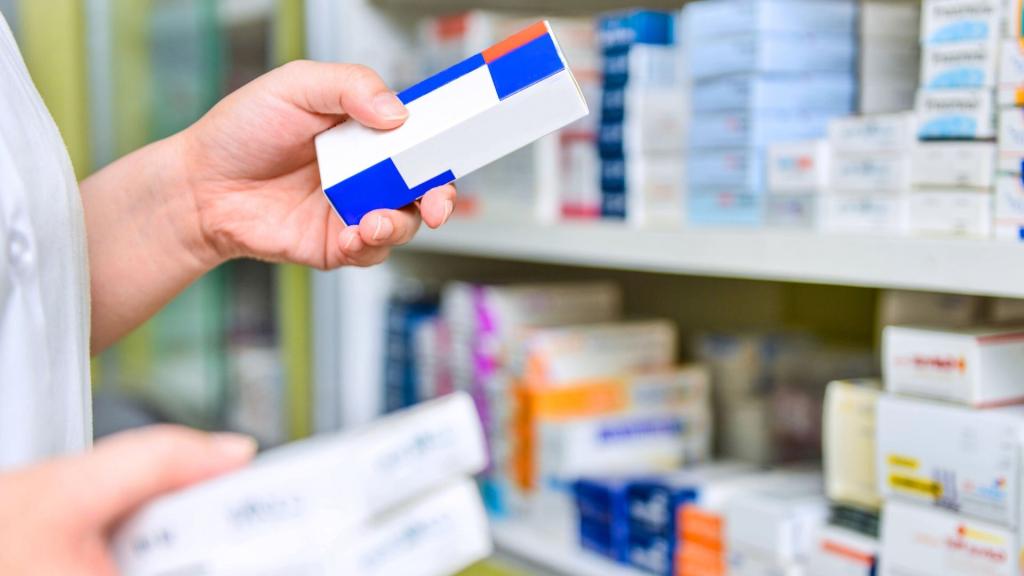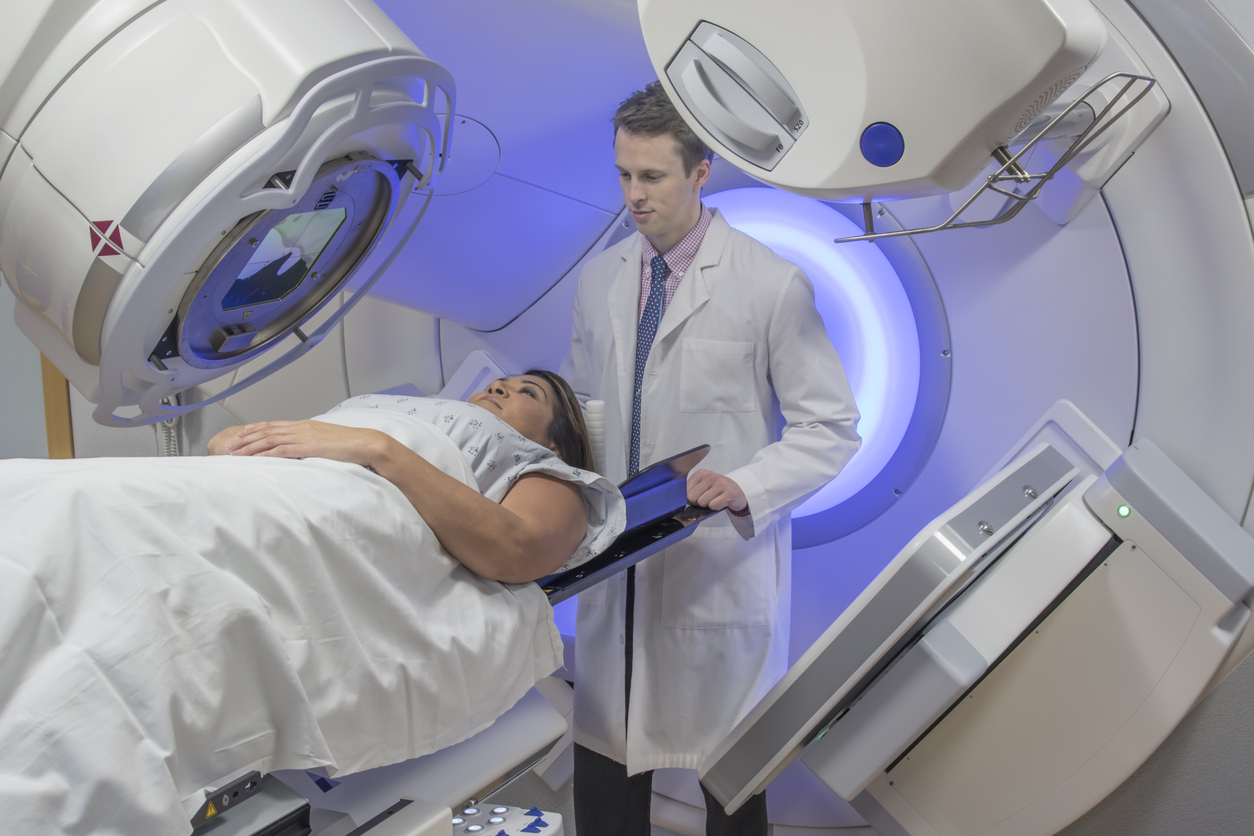
Steroids
Steroids can help other treatments to work, reduce allergic reactions and improve side-effects.
What are steroids?
Steroids are natural hormones made in your body. When steroids are used for people with cancer they are made in a laboratory.
Why are steroids given?
Steroids can:
- Help other treatments to work better
- Reduce allergic reactions to other drugs
- Improve side-effects like fatigue, nausea and poor appetite
- Reduce swelling to relieve pressure, for example if you have spinal cord compression
How are steroids given?
Steroids are usually given in tablet form or as a liquid you can drink. They can be given as an injection into a muscle, under the skin or directly into a vein too. They can also be given as a drip into a vein.
Steroids are usually given in short courses. It is important to make sure you know how long you need to take them for.
Tips for taking steroids
- Take steroids in the morning to try to avoid sleep problems.
- Take steroids with milk or food to prevent stomach upset.
- Report any signs of infection to your doctor and nurse – a high temperature, cough, swelling or any inflammation.
- Tell your medical team if you have any side-effects that are bothering you.
- Take all tablets as instructed. Make sure you take the correct dose and don’t stop talking steroids suddenly or without your doctor’s advice. If you miss a tablet, check with your doctor about what you should do.
- Keep tablets out of reach of children.
What are the side-effects of steroids?
You may get side-effects while you're taking steroids. If you’re having other treatments at the same time as steroids, such as chemotherapy, you may get side-effects from them too. Talk to your medical team if you have any side-effects.
In most cases, side-effects caused by steroids go away after you stop taking them.
The more common side-effects include:
Stomach upset or indigestion
Steroids can irritate your stomach. Your doctor can prescribe an antacid or other medicine to help with this, so let them know if you have any stomach problems. To help protect your stomach, you should take steroid tablets with food.
Increased appetite and weight gain
It can be helpful to get your appetite back again, if you were having eating problems. But talk to the hospital dietitian if you’re putting on a lot of weight. Your appetite should go back to normal when you stop taking steroids.
Increased blood sugar – diabetes
Steroids can increase your blood sugar. You’ll have regular blood tests to check your blood sugar levels. Tell your doctor if you get very thirsty or if you are passing more urine than usual. Your blood sugars usually return to normal once treatment has stopped. If you already have diabetes, you may need to change how much insulin you take. Talk to your medical team about this.
Fluid retention
Fluid retention can make your feet and ankles or fingers swell up while you are taking steroids. Contact the medical team if you notice these symptoms. Your weight may increase because of the build-up of fluid.
Higher risk of infection, especially thrush
Steroids can make you more likely to get infections. Thrush can cause an itchy white discharge in your mouth or from your vagina or penis. If you notice this, contact your medical team for advice. There are medications that can help with these symptoms.
Mood changes
Occasionally steroids may cause you to have episodes of extreme happiness, sadness and mood swings, e.g irritability, anxiety, tearfulness, high spirits. Or with high-dose steroids you may feel confused or think strange or frightening thoughts. These are rare but let your doctor know if they happen.
Sleeplessness
Steroids can improve fatigue and help you to feel more energetic, but you might feel a bit ‘hyperactive’, very restless or have racing thoughts too. This can make it hard to sleep. Taking your steroids as early as possible in the day, away from bed time, should help. Try some light exercise during the day and relaxation before bed time.
Changes to periods
Your periods may stop or become irregular during treatment. Your normal cycle should return after you stop taking steroids.
Long-term side-effect: weight gain
If you have to take steroids for a long time as part of your treatment, you will put on weight, especially around your face, waist and shoulders.
Long-term side-effect: infections
You may have a lowered resistance to infection. Try to avoid close contact with people who have colds, flu or any kind of infection while you are taking steroids.
Long-term side-effect: osteoporosis
Bone thinning is a long-term side-effect of some steroids. You may be prescribed medication to protect your bones. Regular exercise and a healthy diet can improve your bone health. Read more about bone health.
For more information
Phone
1800 200 700



